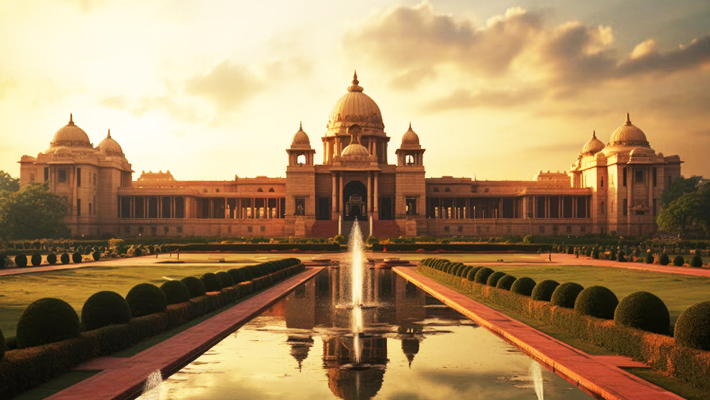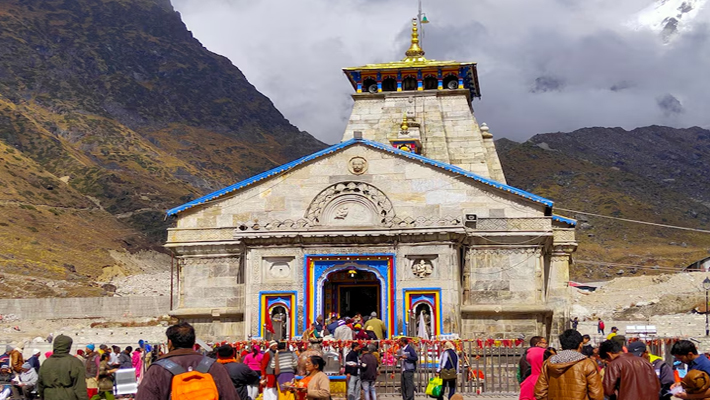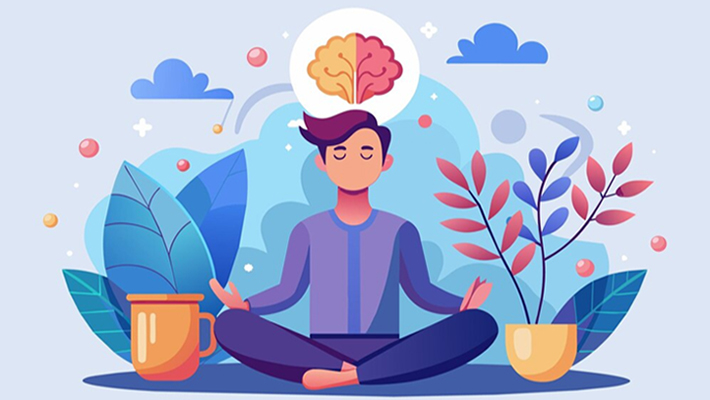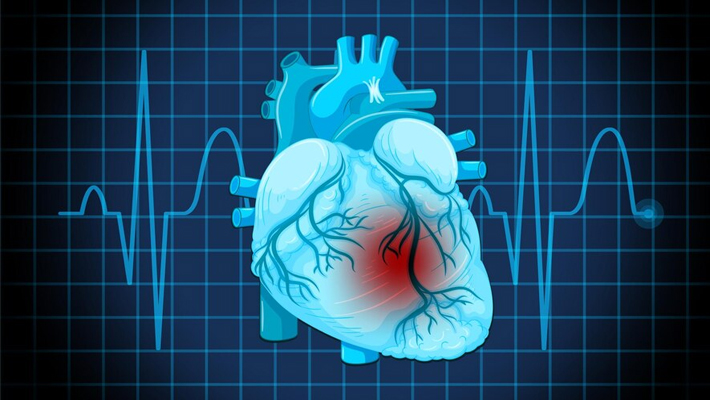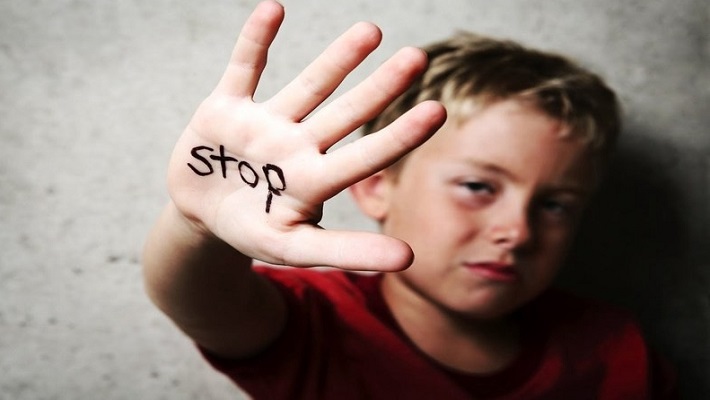
A Mental or physical crime against a child is called child abuse. The Child abuse can take an form like child neglect, physical abuse, sexual abuse, exploitation and emotional abuse. It is a violation of basic rights of a child. According to national crime record bureau, 109 children in India face some kind of child abuse every day. The abuse can be from their parents or caretaker or someone from known and unknown. Child abuse can take any form such as physical abuse, mental abuse, sexual abuse or it can be verbal abuse. These violent activities have a deep impact on children.
The Different Forms Of Child Abuse –
Physical Abuse: Physical abuse of a child is when a parent or caretaker causes any non accidental physical injury to the child.
Sexual Abuse: Sexual abuse occurs when an adult uses a child for sexual purposes or involves the child in any sexual acts.
Emotional Abuse: When a parent or caretaker harms a child’s mental and social development or causes severe emotional harm. It is considered as emotional abuse. It is a pattern of behavior that causes damage over time.
Neglect: Failure to monitor child or failure to protect the child from harm.
There are multiple provisions in Indian constitution that ensures that it is state’s responsibility to promote welfare of children and ensures their dignity and sustainability.
In India parents claim authority over their children, as a result, they don’t think children as individuals they consider children as weak and dependent and it is their duty to guide them to right path. They also believe that they have the power to punish children and it is the only way to give them good guidance in their life. A study by UNICEF shows that there are 30 different forms of physical and verbal abuse that Indian parents use on their children as young as 0-6 years as an effort to teach them discipline and guide them. A study conducted in Madhya Pradesh, Chhattisgarh, Orissa and Rajasthan show that Punishment is a widely accepted method to discipline children in India at both their homes and schools. Punishment is used in disciplining both boys and girls.
India has 440 million children that constitute 40% of the Indian population. Around 27 million babies are born every year. In India where half of the population is poor or facing difficulty in making earnings, the chances of children being unsafe in their families are very high. Children in the underprivileged section of population that is most vulnerable to negligence as parents cannot provide proper care to their children. Children who suffer privation, risk and discrimination in their early childhood, fail to reach their full potential. Child abuse is correlated to poverty in India.
Many laws are made in India against child abuse recently. But still, in India, child abuse cases are not reported. One of the main factors behind this in India is children are considered as properties of their parents and both parents and teachers are believed to have the right to punish the children and teach them discipline. They are not considered as free individuals. One other reason is that in the case of sexual abuse against children, it is ignored to protect family name and honor from the shame of sexual abuse. Most cases it is kept as a secret and are not reported to the police.
Many efforts are taken by the government to bring in changes and reduce child abuse cases. Parents and children are given awareness classes on sexual abuse, its effect on children and the need for it to be reported. Many new rules are made in favor of the children. A movement headed by the Ministry of Women and Child Development, lead to the enactment of new legislation called Protection of Children against Sexual Offences Act, 2012 (POCSO Act) tackles the menace of Child Sexual Abuse cases in India. The act ensures setting up of special court to speedy trials in the case of criminal acts such as rapes, sexual harassment and child pornography. Many states have made laws such as lifelong imprisonment or death penalty for raping children less than 12 years.
As reported by National Crime Records Bureau (NCRB), 13244 cases of gang rapes, pornography or any type of sexual abuse were reported in India in 2020 March to2020 September. As reported by National Commission for Protection of Child Rights (NCPCR), information of 420 cases of child sexual abuse have been received by NCPCR from 1st March, 2020 till 31st August, 2020 via online portals, helplines and other media. As reported by Child line India Foundation (CIF), 3941 calls have been received by CIF regarding child sexual cases from 1st March, 2020 to 15th September,2020.
Child abuse is a bane of our society. It prevents our future assets from developing to their full potential or could damage their life forever. Children require proper guidance, love, care and also freedom. They are not anyone’s personal property they are own individuals and it is our duty to make sure that they grow safe in our society.


